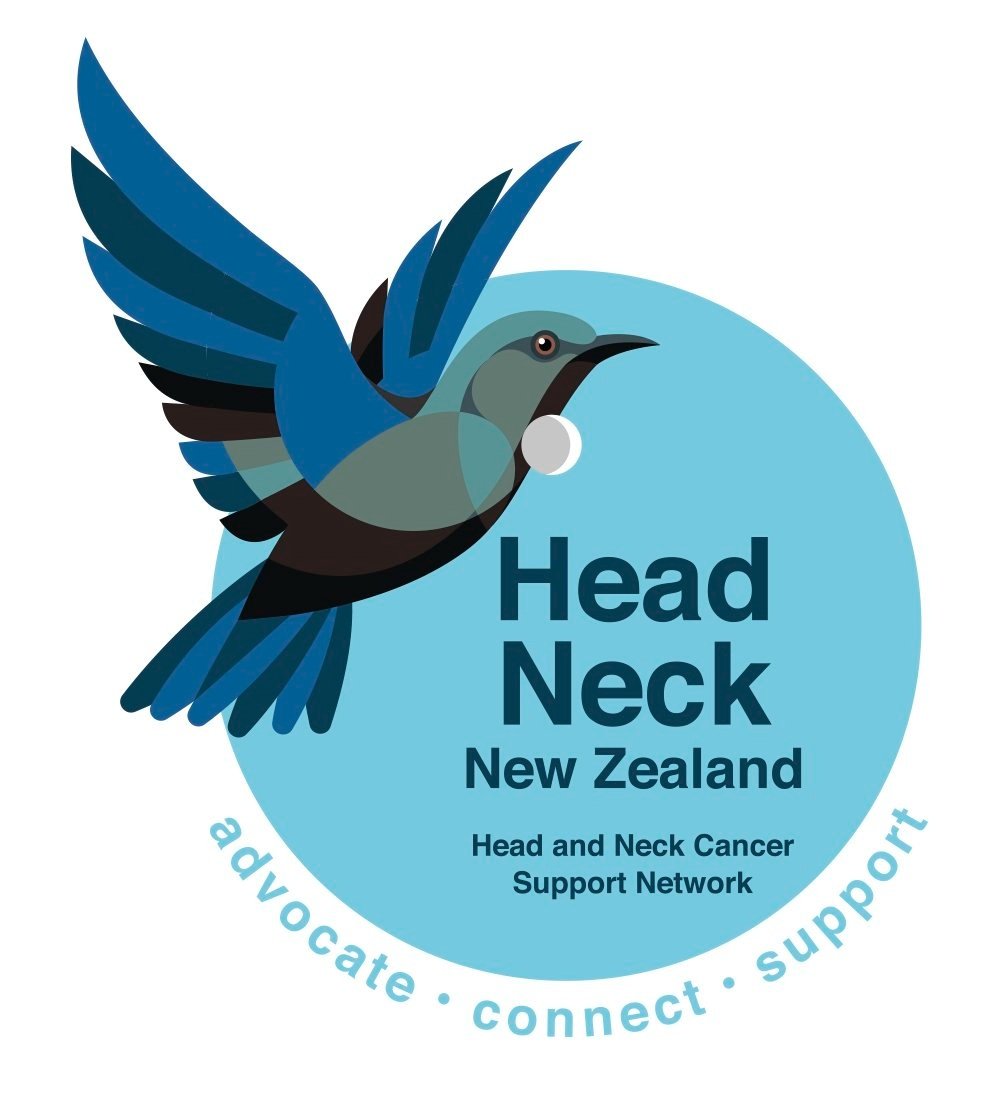A head and neck cancer diagnosis can feel overwhelming for both you and your loved one. It’s easy to feel lost in the system.
You’re not alone. We understand how confusing and isolating it can be to navigate the healthcare system, especially during such a challenging time. This part of the toolkit is here to help you.
Get to know how the healthcare system in Aotearoa, New Zealand, supports people with head and neck cancer.
Learn about the services and resources available to you.
Meet the key members of the healthcare team and understand how each of them plays a role in your loved one’s care.
IN THIS PART
In New Zealand, the healthcare system for head and neck cancer patients is managed primarily through the public healthcare system, which is funded by the government and provides services either free or at a reduced cost.
Here’s an overview of how the system works for head and neck cancer patients, from diagnosis through to treatment and support:
1. Primary Healthcare
General Practitioners (GPs):
The first point of contact for most patients experiencing symptoms. GPs can perform initial evaluations, such as physical exams, and refer patients to specialists if they suspect cancer.Referral to Specialists:
If a head and neck cancer is suspected, GPs will refer patients to a specialist. This person is usually an Ear, Nose, and Throat (ENT) specialist or an oncologist. The referral is for further evaluation and testing. This referral process can vary, but it is prioritised when cancer is suspected.
2. Diagnosis and Assessment
Specialist Assessment:
ENT specialists or head and neck surgeons assess patients using imaging techniques (e.g., CT, MRI scans) and may perform biopsies to confirm a diagnosis.Multidisciplinary Team (MDT):
Once diagnosed, a team of healthcare professionals, including surgeons, oncologists, radiologists, pathologists, and specialised nurses, dietitians, speech language therapists, and physiotherapists who collaborate to create a personalised treatment plan. The MDT approach ensures comprehensive care that addresses the unique needs of each patient, including your loved one.
3. Treatment Options
Surgery:
For many head and neck cancers, surgery is often the primary treatment. This may involve removing the tumour and potentially affected lymph nodes. Some patients may need reconstructive surgery following tumour removal.Radiation Therapy and Chemotherapy:
Depending on the type and stage of cancer, patients may receive radiation therapy, chemotherapy, or both, either as primary treatments or in conjunction with surgery.Targeted and Immunotherapy:
In some cases, targeted therapy or immunotherapy may be recommended, especially for cancers associated with Human Papillomavirus (HPV).
4. Support Services
Cancer Society of New Zealand
The Cancer Society offers comprehensive support, including:
Information and Support: Access to resources and guidance to help patients and their families understand and manage the cancer journey. Cancer Society New Zealand
Volunteer Driving Services: Transportation assistance to and from treatment sessions.
Accommodation: Provision of accommodation for patients receiving treatment away from home. Cancer Society New Zealand
Cancer Information Helpline: A phone line staffed by trained health professionals for discussing concerns and needs. Cancer Society New Zealand
Head and Neck Cancer Support Network
This network connects individuals affected by head and neck cancer: Head and Neck Cancer Support Network
Support Groups: Opportunities to share experiences and receive support from others in similar situations. Head and Neck Cancer Support Network
Advocacy: Efforts to promote early detection and timely treatment, addressing inequalities that may affect groups of people affected by head and neck cancer. These groups include Māori, Pasifika, the elderly, regional populations and those affected by postcode care.
Traditional Māori and Pasifika Healing
Incorporating cultural practices into care, these services offer:
Traditional Māori Healing (Rongoā Māori): Therapies based on native plants, massage, and spiritual healing. Cancer Society New Zealand
Traditional Pasifika Healing: Holistic approaches addressing mental, emotional, physical, and spiritual needs, utilising medicinal plants, herbs, stones, and massage. Cancer Society New Zealand
Counselling and Psychological Support
Professional counselling services are available to help patients and their families cope with the emotional aspects of a cancer diagnosis and treatment. These services can be accessed through:
Referrals from GPs or Treatment Teams: Healthcare providers can connect patients with qualified counsellors.
Cancer Society Resources: The Cancer Society provides information on counselling options and support services. Cancer Society New Zealand
Cultural and Spiritual Support
Hospitals across New Zealand offer services to address spiritual, cultural, and advocacy needs, including Cancer Society New Zealand
Māori and Pasifika Health Workers: Professionals who provide culturally appropriate support to patients and their families.
Hospital Chaplains: Available for spiritual support through prayer and reflection. Cancer Society New Zealand
These support services aim to provide comprehensive care to patients undergoing treatment for head and neck cancer, addressing various aspects of well-being throughout their cancer journey.
ACTIVITY
Find out which specialist is acting as your loved one’s lead clinician.
We advocate for every patient to have a lead clinician.
Working with a lead clinician
-
Healthpoint is an online index of health professionals. It provides up-to-date information about healthcare providers, referral expectations, services offered and common treatments.


